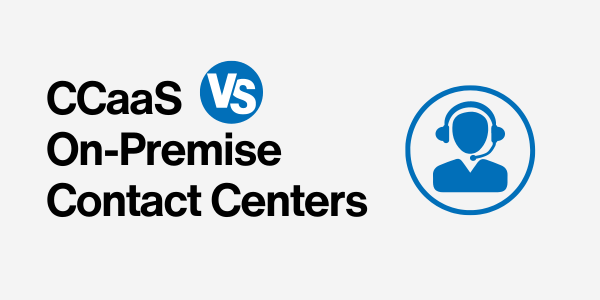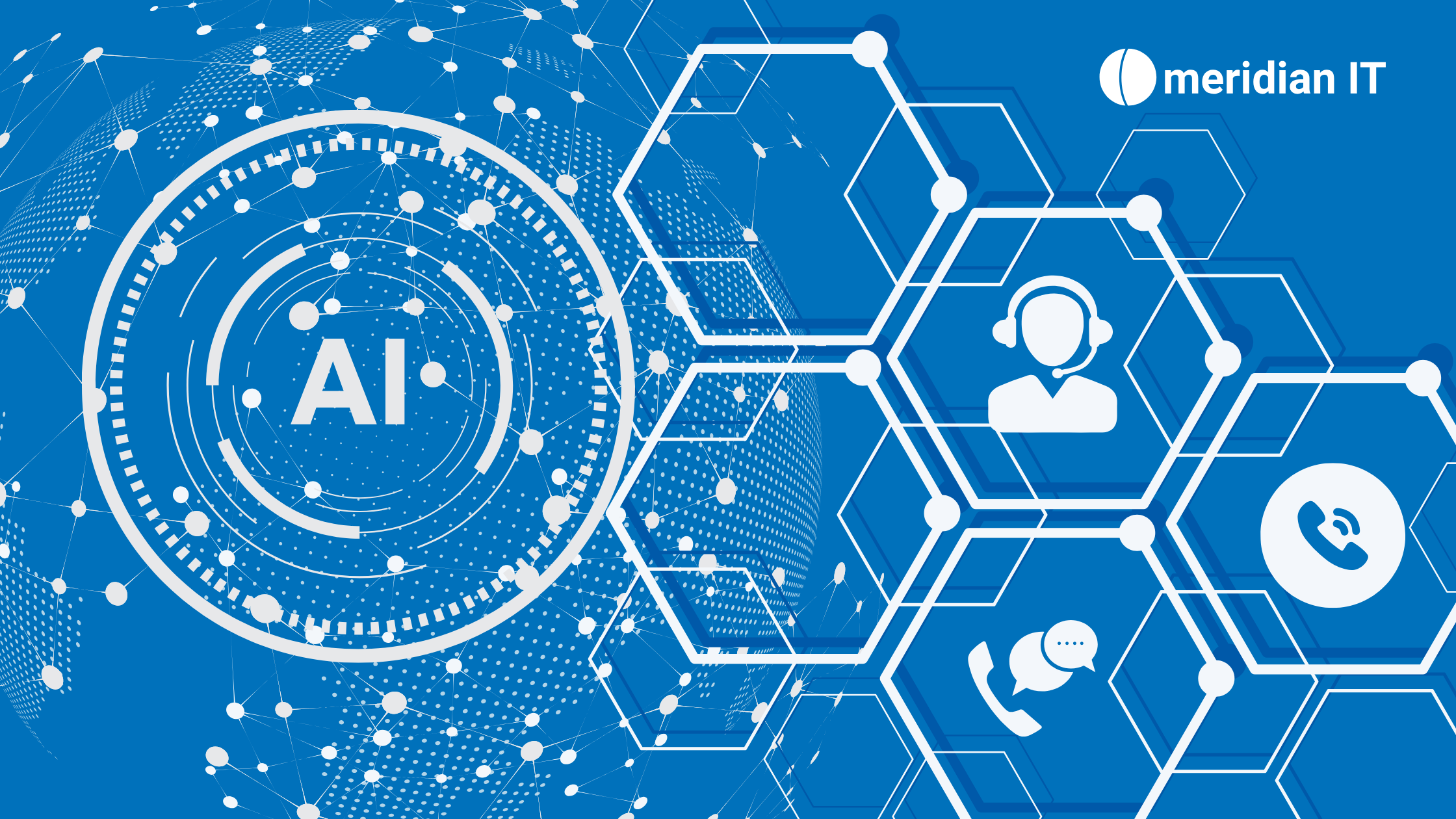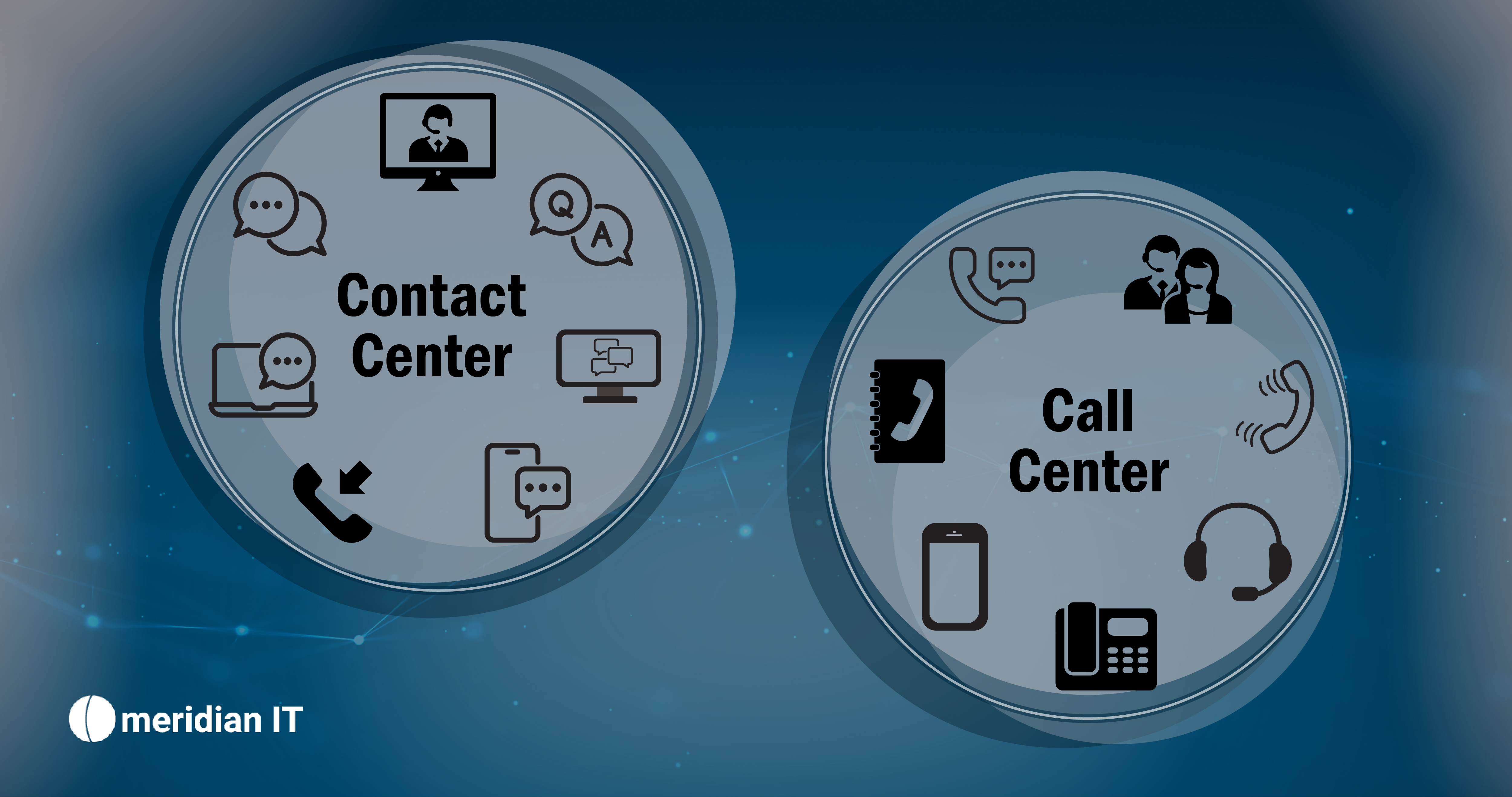In the realm of customer service, the choice between Contact Center as a Service (CCaaS) and on-premise contact centers can significantly impact operations. Both options have distinct advantages and considerations, making it essential for businesses to understand their differences before making a decision. In this blog post, we'll explore the types of call center solutions, comparing CCaaS with on-premise contact centers to help you make an informed choice for your organization.
What is CCaaS?
CCaaS, or Contact Center as a Service, is a cloud-based solution where all call center functionalities are hosted and managed by a third-party provider. This model offers scalability, flexibility, and accessibility, as it can be accessed from anywhere with an internet connection. CCaaS providers handle infrastructure maintenance, updates, and support, allowing businesses to focus on their core activities. Additionally, CCaaS solutions often come with advanced features such as omnichannel support, analytics, and integration with customer relationship management (CRM) systems.
CCaaS, or Contact Center as a Service, is a cloud-based solution where all call center functionalities are hosted and managed by a third-party provider.
What are On-Premise Contact Centers?
On the other hand, on-premise contact centers involve hosting call center infrastructure within the organization's premises. This traditional approach provides businesses with full control over their call center environment, allowing for customization and integration with existing systems. On-premise contact centers are suitable for organizations with specific security or compliance requirements that prefer to manage their infrastructure internally. However, this model requires substantial upfront investment in hardware, software, and IT resources for maintenance and upgrades.
Benefits of CCaaS
At its core UCaaS integrates voice, video, messaging, and collaboration tools, fostering a unified environment that facilitates seamless communication for teams. Benefits of CCaaS include:
- Cost Efficiency: With CCaaS, businesses benefit from predictable pricing models, reducing upfront investment costs and eliminating the need for extensive IT infrastructure. This cost-effective approach minimizes both initial expenses and ongoing operational costs, allowing organizations to allocate resources more efficiently.
- Advanced Features: CCaaS platforms provide access to a wide array of advanced features and capabilities, including omnichannel support for seamless customer interactions across various channels, AI-driven analytics for actionable insights, and integration with CRM systems for enhanced customer relationship management. These advanced tools empower organizations to deliver personalized customer experiences, optimize agent productivity, and streamline call center operations.
- Rapid Deployment: Unlike traditional on-premise solutions, CCaaS offers rapid deployment with quick setup and configuration. Pre-configured templates and best practices streamline the implementation process, allowing businesses to launch new call center operations or scale existing ones within a short timeframe. This agility enables organizations to respond quickly to changing business needs and market dynamics, accelerating time-to-value and driving competitive advantage.
- Reliability: CCaaS solutions are built on reliable cloud infrastructure, leveraging geographically distributed data centers and automatic failover mechanisms to ensure high availability and uptime. Robust security measures, including data encryption, compliance certifications, and continuous monitoring, protect customer data and ensure regulatory compliance. This reliability instills confidence in organizations, knowing that their critical business operations are supported by a resilient and secure platform.
- Continuous Updates: CCaaS providers handle updates, security patches, and maintenance tasks, ensuring seamless integration of new features and functionalities without disrupting operations. Automatic updates and 24/7 support services enable organizations to stay ahead of the curve, leveraging the latest technologies and enhancements to enhance customer experiences and drive business growth. This proactive approach to maintenance and support ensures optimal performance and reliability, allowing organizations to focus on their core objectives without worrying about managing IT infrastructure.
Benefits of On-Premise Contact Centers
- Security and Compliance: On-premise contact centers offer greater control over security measures and data privacy, which can be essential for organizations operating in highly regulated industries such as healthcare, finance, or government.
- Customization: On-premise solutions provide organizations with the ability to customize the contact center environment to meet specific business requirements and integrate with existing systems seamlessly.
- Performance: Some organizations may require high-performance, low-latency solutions that can only be achieved with on-premise infrastructure.
- Control: On-premise contact centers give organizations full control over their infrastructure, allowing them to manage and maintain hardware, software, and network configurations according to their needs.
- Legacy Systems: Organizations with existing investments in on-premise infrastructure may choose to continue using on-premise contact centers to leverage those investments and avoid the costs and complexities associated with migrating to a cloud-based solution.
- Data Sensitivity: Organizations with sensitive data or unique operational requirements may prefer to keep their contact center operations in-house to maintain complete control over data handling and access.
Comparing CCaaS vs. On-Premise Contact Centers: The Recap
- Cost: CCaaS typically involves lower upfront costs as businesses pay for services on a subscription basis. On-premise contact centers require significant initial investment in infrastructure and ongoing maintenance costs.
- Scalability: CCaaS offers scalability on-demand, allowing businesses to adjust capacity based on fluctuating call volumes. On-premise contact centers may require additional hardware upgrades to scale, leading to longer lead times and higher costs.
- Flexibility: CCaaS provides greater flexibility as it can be accessed remotely, enabling agents to work from anywhere with an internet connection. On-premise contact centers offer limited flexibility, as agents are typically tied to office-based setups.
- Maintenance and Support: With CCaaS, maintenance and support are managed by the service provider, reducing the burden on internal IT teams. On-premise contact centers require dedicated IT resources for infrastructure maintenance, updates, and troubleshooting.
- Security and Compliance: On-premise contact centers offer greater control over security and compliance, making them suitable for industries with strict regulatory requirements. CCaaS providers adhere to industry standards and regulations but may not offer the same level of customization.
Making the Choice Between CCaaS and On-Premise Contact Centers
When choosing between CCaaS and on-premise contact centers, businesses should consider factors such as budget, scalability, flexibility, maintenance requirements, and security/compliance needs. For organizations looking for cost-effective, scalable, and flexible solutions with minimal IT overhead, CCaaS may be the preferred option. Conversely, businesses with specific security or compliance requirements and the resources to manage an on-premise infrastructure may opt for traditional contact center setups.
Whether you choose CCaaS or an on-premise contact center, investing in the right call center solution is essential for delivering exceptional customer service and driving business success. If your organization needs help finding the right solution, reach out to the experts at Meridian IT today!




